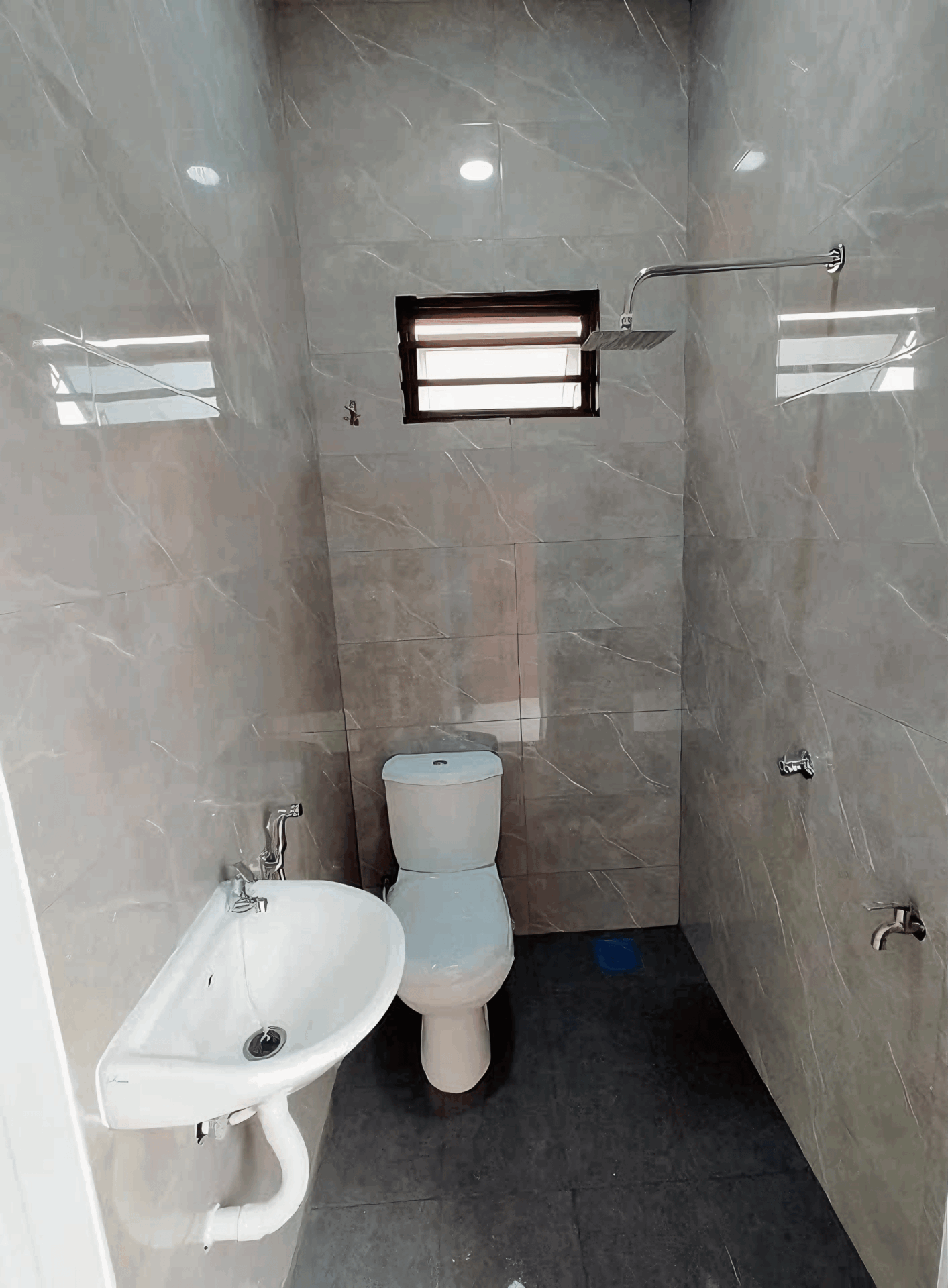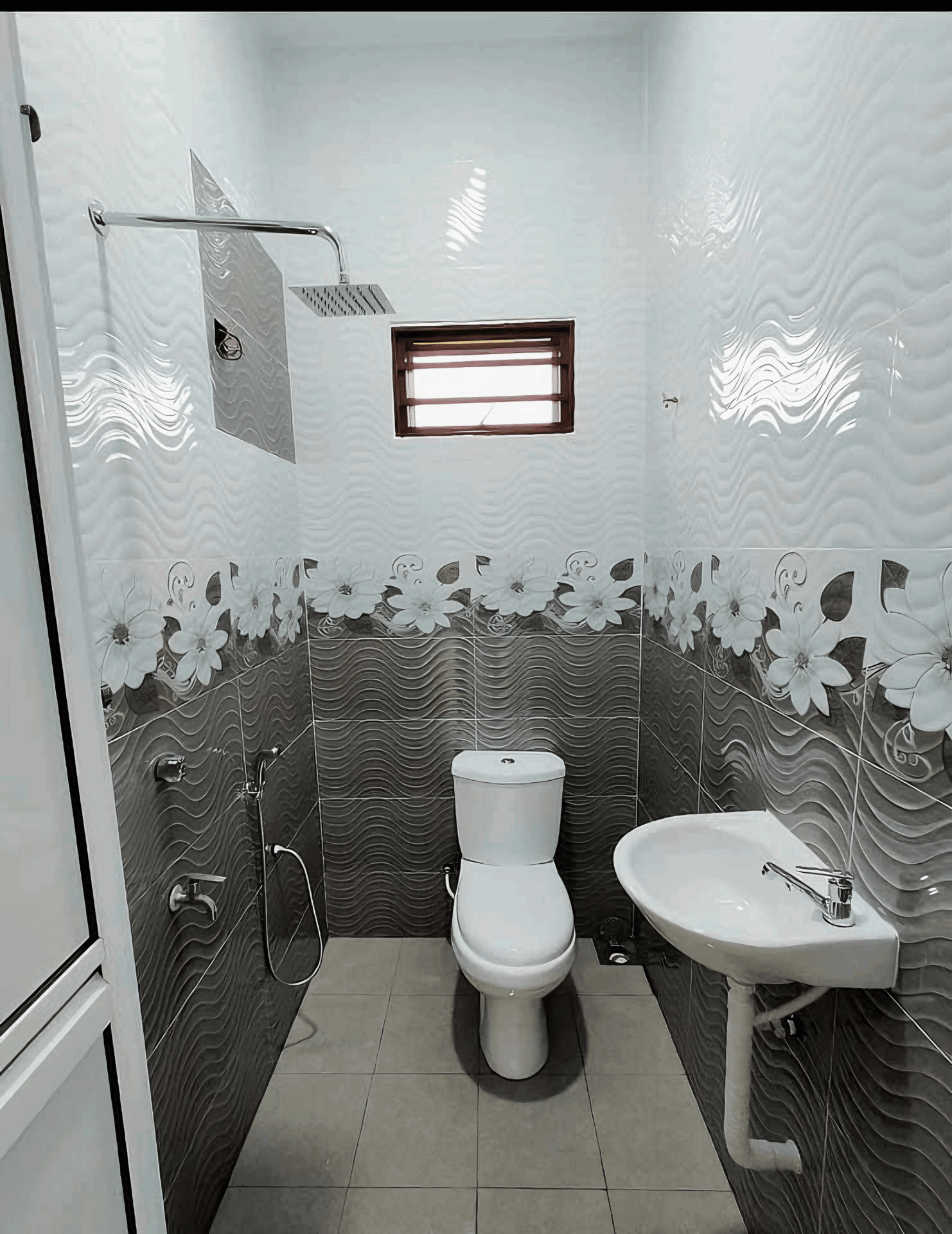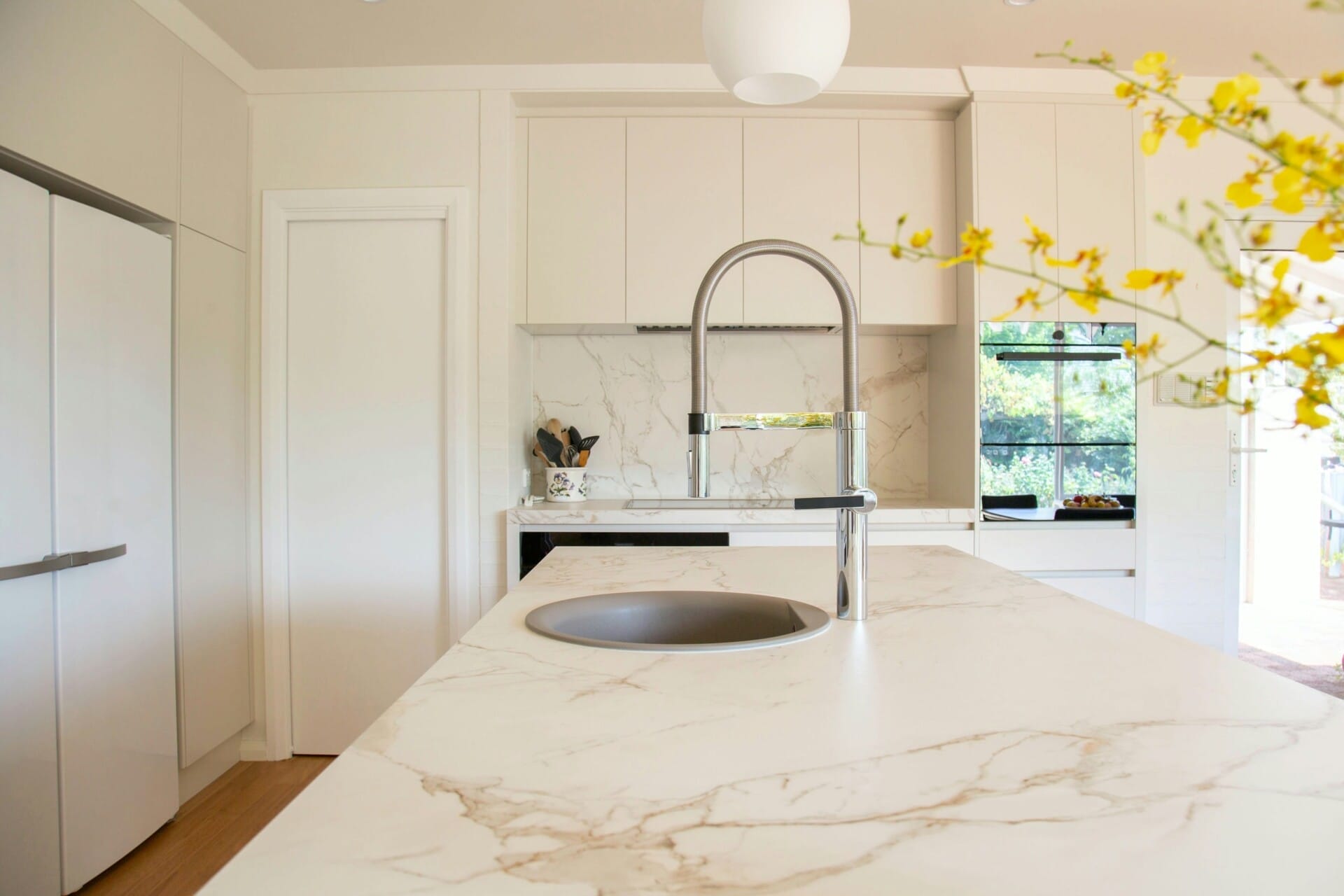- Bina Rumah Batu-Bata
- Zero Deposit
- Spesifikasi Rumah
- Lokasi Projek
- Pembiayaan LPPSA
- Garis Panduan LPPSA (Rasmi)
- Soalan Lazim LPPSA
- E-Book LPPSA (Download)
- 1. Apa itu LPPSA?
- 2. Kelebihan LPPSA
- 3. Syarat Kelayakan
- 4. Jenis-Jenis Pembiayaan
- Jenis 1 – Pembelian Rumah Kediaman Yang Telah Siap
- Jenis 2 – Membina Rumah Di Atas Tanah Sendiri
- Jenis 3 – Membeli Rumah Kediaman Yang Sedang Dibina
- Jenis 4 – Pembelian Tanah Bagi Pembinaan Rumah
- Jenis 5 – Melunaskan Keseluruhan/ Sebahagian Pinjaman Sedia Ada Daripada Bank/ Institusi Kewangan
- Jenis 6 – Pembinaan Rumah Kediaman Di Atas Tanah Yang Sedang Dibiayai Oleh BPP/ LPPSA
- Jenis 7 – Ubah Suai Rumah Yang Sedang Atau Telah Selesai Bayar Melalui LPPSA
- 5. Semak Kelayakan LPPSA
- 6. Dokumen Yang Diperlukan
- 7. Insurans/ Takaful LPPSA
- 8. Kos Yuran Guaman
- 9. BONUS: Bina Rumah
- Pembiayaan Koperasi
- Pengeluaran KWSP
- Bayaran Tunai
- Kalkulator
How to Make Your EPF Work Harder for You Through Home Construction 💪💰 | RumahHQ
Hey there, fellow Malaysians! So, you’ve been putting your hard-earned cash into your Employees Provident Fund (EPF), right? But what if I told you that you could make that money work even harder for you, all while building the home of your dreams? Yup, it’s totally possible! In this article, we’re diving into the world of home construction and how your EPF can be your trusty sidekick on this journey. Whether you’re eyeing a cozy nest for your family or a swanky pad just for yourself, we’ll explore how to leverage your EPF wisely. Let’s uncover the secrets to transforming your money into a foundation—literally and figuratively—so you can enjoy the sweet satisfaction of a home you’ve built with your own hands, and wallet! Ready? Let’s get started! 💪💰
Understanding the Basics of EPF and Its Potential Benefits
When diving into the world of the Employees Provident Fund (EPF), it’s essential to grasp its primary purpose: to provide financial security post-retirement. At its core, EPF is a mandatory savings scheme for Malaysian workers, helping them accumulate funds over their working years. By contributing a portion of their salaries, employees build up a nest egg that’s designed to support them during their golden years. But, the EPF isn’t just about retirement savings; it’s a versatile fund that can be leveraged for significant life milestones, including home construction.
Constructing a home is an exciting venture, and it can also be a strategic move to maximize your EPF contributions. The potential benefits of tapping into your EPF for home construction are numerous. For instance, using your EPF savings allows you to:
- Reduce financial strain: Accessing your EPF funds means you won’t have to rely solely on loans, lowering your debt burden.
- Invest in your asset: By building your home, you’re ensuring that your money is tied up in a physical asset that can appreciate over time.
- Enjoy tax benefits: Certain contributions to your EPF may come with tax incentives, which could ease your overall financial load.
Before you dive in, it’s crucial to understand the specifics of EPF withdrawals for home construction. The EPF allows withdrawals not just for purchasing a property but also for the construction of a home on owned land. Here’s a simple table summarizing the key aspects of utilizing your EPF for this purpose:
| Criteria | Details |
|---|---|
| Eligibility | EPF members with sufficient funds |
| Maximum Withdrawal | Up to 100% of the amount in the EPF account |
| Usage | Construction of residential property |
| Important Note | Must be applied before reaching the retirement age |
By understanding how EPF works and harnessing its potential for home construction, you’re not just saving for the future; you’re actively investing in it. Whether you’re a first-time homeowner or looking to upgrade, the EPF can be your ally in creating a comfortable living space tailored just for you.

Maximizing Your EPF Contributions for Future Home Projects
When it comes to enhancing your home future projects, your EPF (Employees Provident Fund) contributions can be a goldmine. By understanding the withdrawal options available for housing purposes, you can kickstart your dream construction or renovation project without breaking the bank. It’s essential to stay informed about these options to make the most out of your EPF savings. Here are some popular withdrawal schemes:
- Initial Withdrawal: Use your contributions to finance the down payment of your new house.
- Partial Withdrawal: Tap into your EPF savings for renovations or extensions once you own a property.
- Full Withdrawal: If you’ve decided to sell your property, you can withdraw to reinvest in a new abode.
To ensure that you’re maximizing the potential of your EPF, take a closer look at the timing and amount of your contributions. Regularly reviewing your EPF statements can help you see how much you’re saving and identify when it would be beneficial to make withdrawals. Consider setting up alerts for key milestones in your home project to keep your financial plans aligned:
| Milestone | EPF Action | Suggested Timing |
|---|---|---|
| Down Payment | Initial Withdrawal | Before Property Purchase |
| Major Renovations | Partial Withdrawal | During Construction |
| New Property Purchase | Full Withdrawal | Upon Selling |
don’t hesitate to seek advice from a financial advisor who understands EPF rules and home financing. They can provide tailored suggestions, helping you navigate through the options while ensuring compliance with the EPF regulations. Moreover, think about leveraging other financial tools in conjunction with your EPF savings, like home loans, to boost your purchasing power. Making informed decisions today will pay off handsomely in your future home projects!

Navigating the Withdrawal Process for Home Construction
Building your dream home is an exciting journey, but it often feels overwhelming, especially when it comes to understanding the withdrawal process from your EPF (Employees Provident Fund). To simplify things, ensure that you gather all required documentation before starting the withdrawal process. This typically includes:
- Your Identification Card
- Proof of Home Ownership (e.g., Sale and Purchase Agreement)
- Invoices related to construction costs
- Form KWSP 9C (A) for claims
Once you have everything in order, you’ll want to fill out the relevant forms accurately. Double-check your entries to avoid any delays. Small errors can lead to big inconveniences when it comes to processing your withdrawal request!
After submitting your application, be patient but proactive. You can track your withdrawal status online through the EPF portal. The processing time can vary, but generally, it’s a good idea to allow up to a month. Keep an eye on your registered email for any communication from the EPF. They’ll let you know if there’s any additional information needed to complete your request.
| Common Delays | Possible Solutions |
|---|---|
| Incomplete documentation | Double-check all required documents |
| Incorrect form submission | Verify form details before submission |
| Technical issues on the portal | Contact EPF support for assistance |
Once your application is approved, you’ll receive your funds directly into your bank account. This is where the fun begins! You can now channel these funds into your home construction project. Remember to keep all receipts and documents related to the spent funds, as you might need them for any future audits or financial planning. Enjoy the process, and watch your vision come to life!

Choosing the Right Home Construction Projects for EPF Utilization
When it comes to utilizing your EPF for home construction, it’s essential to pick projects that align with both your financial goals and personal preferences. First off, consider the type of property you want to build or renovate. Whether it’s a cozy bungalow for your family or a sleek modern apartment for investment, ensure that it meets your long-term needs. Additionally, think about the location; a property in a developing area can be a solid investment and could significantly appreciate in value over time.
Next, put some thought into the scope of the project. Not all construction ventures require a massive budget or extensive timelines. Focus on projects that will add tangible value to your property without breaking the bank. Some great options include:
- Building an extension to increase living space
- Upgrading the kitchen for better functionality and style
- Adding a green space or garden area for leisure
To keep the construction under budget, consider creating a simple budget table that outlines the expected costs versus the available EPF funds. Here’s an example:
| Project Type | Estimated Cost (MYR) | EPF Utilization (MYR) |
|---|---|---|
| Home Extension | 50,000 | 30,000 |
| Kitchen Renovation | 20,000 | 20,000 |
| Garden Revamp | 15,000 | 10,000 |
This kind of foresight will not only help in managing your finances better but will also ensure you have enough resources to allocate to each area effectively. Making strategic choices ultimately means your EPF can serve you well in building a home that’s as rewarding as it is functional.

Exploring the Financial Implications of Utilizing EPF for Construction
When diving into home construction using your EPF savings, it’s crucial to understand how these funds can work for you and what financial implications arise. Firstly, using your EPF for house building can significantly reduce the upfront costs associated with purchasing a home. Instead of relying entirely on loans, tapping into your EPF provides a source of funds that can alleviate the financial burden, allowing you to funnel money directly into construction rather than paying high-interest rates on a mortgage.
However, it’s essential to keep in mind the long-term impact on your retirement savings. For each withdrawal made, you’re not only decreasing your EPF balance but also potentially reducing your future dividends. This can affect your financial stability post-retirement. You’ll want to weigh the benefits of immediate housing needs against the importance of a robust retirement fund. Consider the following factors:
- Current age and proximity to retirement
- Projected value of your EPF upon retirement
- Potential appreciation of the property value
Another angle to explore is the possibility of using your EPF in conjunction with other financing options. Combining EPF funds with a lower-interest mortgage can be a smart strategy. It allows you to maximize your construction budget while minimizing the financial strain. In this context, creating a budget for your home construction becomes crucial.
| Budget Allocation | Percentage (%) |
|---|---|
| Land Acquisition | 30% |
| Construction Materials | 40% |
| Labor Costs | 20% |
| Miscellaneous Expenses | 10% |

Partnering with Professionals to Enhance Your Home Construction Efficiency
Teamwork makes the dream work, especially in the realm of home construction! Partnering with seasoned professionals can significantly boost your construction efficiency, ensuring that every ringgit spent translates into value. When you collaborate with architects, contractors, and interior designers, you tap into their expertise and insights. They can help you avoid common pitfalls, streamline processes, and make the most out of your EPF withdrawals.
Consider assembling a reliable team that checks all the boxes for your project. Here are some crucial roles you might want to include:
- Architect: To visualize your dream home and optimize space.
- Contractor: For on-ground execution and adhering to timelines.
- Interior Designer: To add that personal touch and ensure functionality.
- Surveyor: To assess land and ensure structural integrity.
It’s also worth doing some research on local professionals who have a solid reputation. You would want to check out their previous work, read reviews, and possibly even visit past projects if possible. Here’s a quick table to illustrate how selecting the right partners can affect your project:
| Professional | Benefits | Potential Drawbacks |
|---|---|---|
| Architect | Expert design and planning | Higher upfront costs |
| Contractor | Streamlined construction | Possible delays |
| Interior Designer | Enhanced aesthetics and functionality | Additional expenses |
Partnering with the right professionals can transform your home-building journey into a more systematic and enjoyable experience. Assess your needs and start reaching out to local experts who resonate with your vision!

Strategic Planning: Budgeting and Timeline Considerations for Home Construction
When diving into home construction, it’s vital to craft a budget that truly reflects your aspirations while being realistic about what you can afford. Start by outlining all potential costs, focusing not just on the construction itself but also on the surrounding expenses. This includes fees for permits, land preparation, design, and even landscaping. Consider the following categories when plotting out your budget:
- Construction Costs: Materials and labor
- Permit Fees: Local regulations and approvals
- Contingency Fund: Unexpected expenses that may arise
- Interior Furnishing: Final touches to make the house a home
Once your budget is nailed down, don’t forget the timeline! Setting realistic milestones can prevent your project from dragging on indefinitely. Break your construction journey into phases and assign expected completion dates to each phase to keep things on track. A helpful approach is to use a simple timeline table that can be updated as the project progresses:
| Phase | Expected Start Date | Expected Completion Date |
|---|---|---|
| Site Preparation | 01/03/2024 | 15/03/2024 |
| Foundation Work | 16/03/2024 | 30/04/2024 |
| Framing & Roofing | 01/05/2024 | 15/06/2024 |
By keeping tabs on both your budget and your timeline, you’re setting yourself up for a successful home construction journey. Remember, flexibility is key! Adjustments may need to be made along the way, whether it’s reallocating budget funds due to a price change or shifting deadlines. The good news? With a solid plan in place, your dreams of home construction can efficiently turn into reality, making your EPF work harder for you!

Long-Term Growth: Ensuring Your EPF Continues to Thrive Post-Construction
The journey doesn’t end once your construction is complete; in fact, that’s just the beginning of cultivating your EPF (Employees Provident Fund) growth. To make sure your investment continues to flourish, it’s crucial to adopt a proactive approach. Consider these strategies for long-term success:
- Monitor Your Returns: Keep track of your EPF statements regularly. Being aware of how much you’re earning helps you make informed decisions about future investments.
- Diversify Investments: Don’t rely solely on your EPF. Instead, start looking into other investment avenues like stocks, bonds, or real estate that can complement your EPF growth.
- Reassess Your Goals: Life changes, and so do your financial goals. Take the time to reassess them periodically to ensure that your EPF contributions align with your future plans.
Additionally, engaging in continuous learning about financial management can massively impact your EPF’s longevity. Consider joining workshops or online courses that focus on personal finance and investing. Embracing your financial education means you can make smarter choices regarding your EPF contributions and withdrawals. Here’s a quick look at the tools you can utilize:
| Tool | Description |
|---|---|
| EPF i-Akaun | Online platform to manage your EPF account and check your balance. |
| Financial Apps | Mobile applications to track your spending, savings, and investments. |
| Investment Forums | Communities for sharing insights and strategies about investments. |
Lastly, don’t underestimate the power of networking. Surrounding yourself with like-minded individuals can expose you to new opportunities and strategies that you might not have considered before. Join relevant groups or communities, whether offline or online, to share experiences and tips about managing your EPF effectively. By harnessing collective knowledge, you’re more likely to discover fresh pathways to optimize your investment.
Future Outlook
And there you have it! Making your EPF work harder for you through home construction doesn’t have to be a maze. With the right understanding and a sprinkle of creativity, you can turn your savings into a cozy nest. Whether you’re building your dream home or renovating to boost value, remember that your EPF is more than just a retirement fund; it’s a toolbox full of potential just waiting to be explored.
So, roll up those sleeves and start planning! Take the first steps today, because tomorrow’s comfort starts with the choices you make now. Happy building, and may your home be a reflection of all your hard work and dreams! 🏡✨
Source link
kontraktor rumah
bina rumah
pinjaman lppsa
pengeluaran kwsp
spesifikasi rumah
rumah batu-bata
pelan rumah
rekabentuk rumah
bina rumah atas tanah sendiri
kontraktor rumah selangor
rumah banglo



